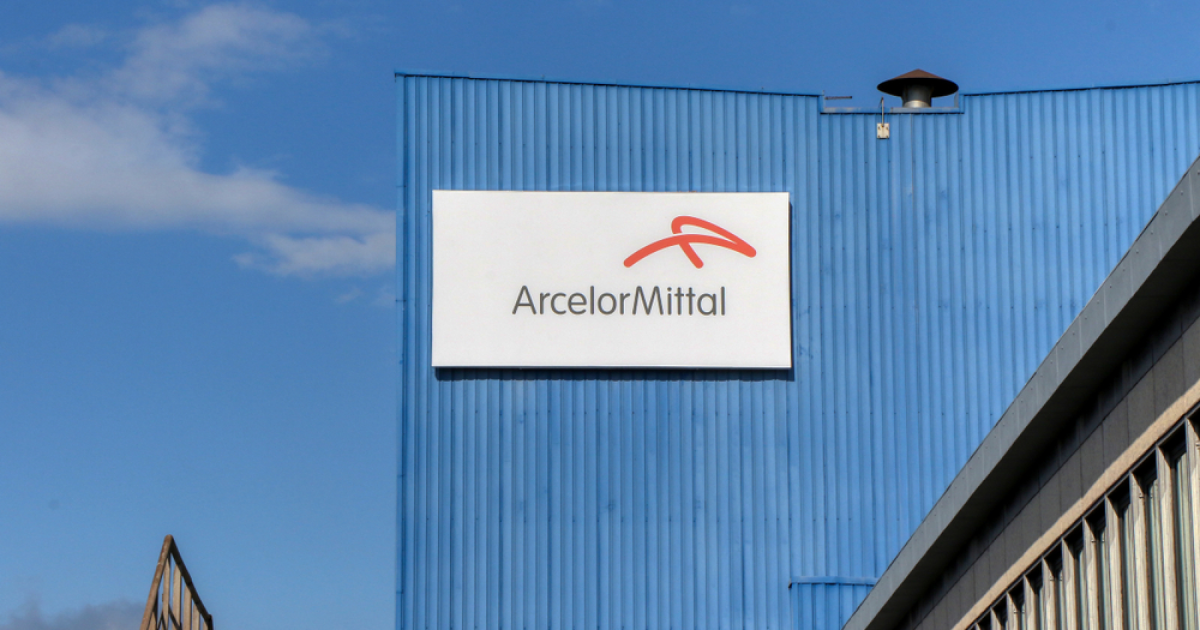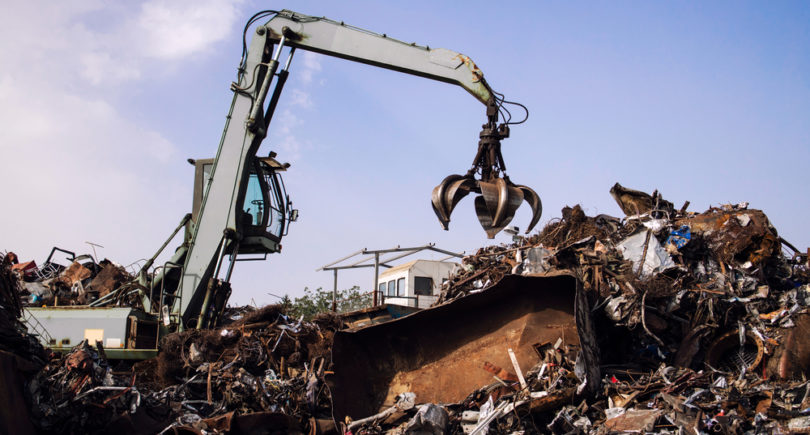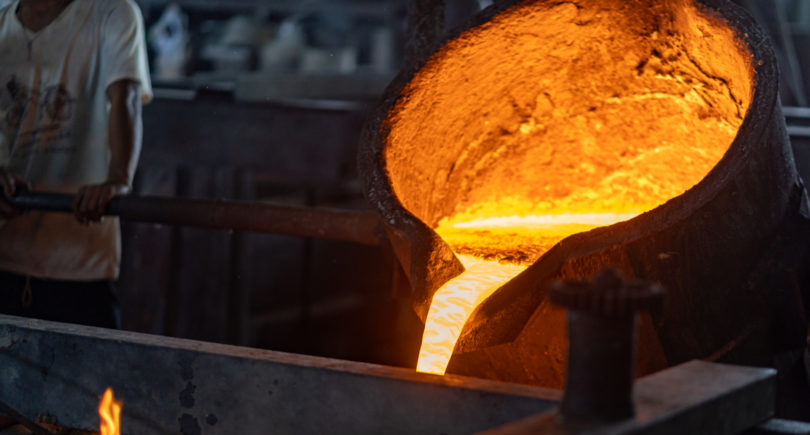
News Global Market ArcelorMittal 1515 08 February 2023
The unit has been idle since the end of September 2022 due to uncertain economic prospects and unfavorable market conditions
ArcelorMittal, one of the world’s largest steel producers, restarted blast furnace A (BF-A) at its Gijón plant in northern Spain in early February 2023. Kallanish reports about it with the reference to company’s data.
The unit has been idle since the end of September 2022 due to uncertain economic prospects and unfavorable market conditions.
“Following the successful completion on February 6, 2023, of all blast furnace A reheating work on Monday, including the start-up of a new secondary smoke filter, we resumed iron production on February 7,” the company representative said.
ArcelorMittal does not indicate the current level of utilization of the unit, but confirms that production is adapted to the market situation in the conditions of so far low demand.
The company’s steel plant in Gijon is equipped with two blast furnaces with a total capacity of 4.7 million tons of pig iron per year.
Due to the resumption of production at BF-A, the enterprise terminated the temporary employment regulation scheme (ERTE) for 250 workers who ensure the operation of this unit.
As GMK Center reported earlier, the Spanish Trade Unions (UGT) welcomed the decision to resume the work of the plant. Thus, General Secretary of the Federation of Industry, Construction and Agriculture UGT of Asturias, Genaro Martínez, noted, that the steel sector is in a difficult situation due to the shutdown of the blast furnace in Gijon. He insisted on restarting the blast furnace, as plants in Europe have already done, as demand for steel products rises. Genaro Martínez also recalled the need to accelerate ArcelorMittal’s investments in decarbonization.
Also, ArcelorMittal decided to temporarily stop blast furnace A at the Spanish plant from September 29, 2022. The shutdown was planned at the beginning of September due to strong import competition and low demand. In addition, a number of the company’s blast furnaces across Europe were to be shut down. By the end of 2022, there were about 7 million tons of stopped annual capacities of the company.



